Application of Titanium in Chemical Industry CPI
Titanium is used in chemical industry reactors, heat exchangers, and piping for its corrosion resistance and strength, enhancing equipment stability and durability.
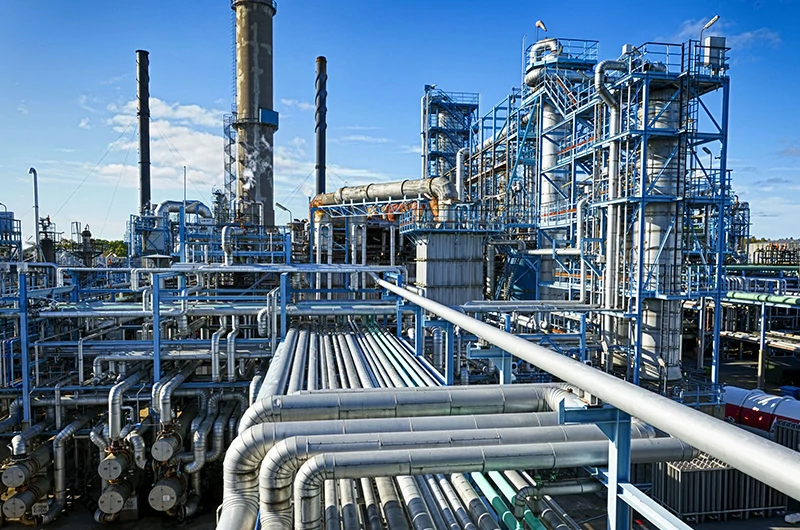
Titanium alloys are increasingly used in the chemical industry due to their excellent corrosion resistance, excellent mechanical properties and high strength. Whether in chemical reactors, heat exchangers, storage tanks, piping systems, or in chemical processing, petrochemicals, desalination and other industries, titanium alloys play a vital role.
Its corrosion resistance makes it an ideal material for handling corrosive media such as strong acids, strong alkalis, chlorides, etc. Especially in chemical equipment, titanium alloy can not only extend the service life of the equipment, but also significantly reduce maintenance costs, ensuring the efficiency and safety of the production process.
The irreplaceable nature of titanium and titanium alloy products in the chemical industry
- Excellent corrosion resistance: Titanium alloy can effectively resist corrosive media such as strong acids, strong alkalis and chlorides, extending the service life of equipment and reducing maintenance requirements.
- High strength and light weight: Titanium alloy has high strength and low weight, remains stable under high pressure and high temperature environments, and improves equipment safety and reliability.
- Reduce maintenance costs: The corrosion resistance of titanium alloys reduces the frequency of equipment failures and downtime, and reduces maintenance and replacement costs.
- Wide range of applications: Titanium alloys are widely used in petrochemical, pharmaceutical, seawater desalination and other industries, especially in equipment that handles corrosive substances.
- Environmental protection and economic benefits: The use of titanium alloys reduces environmental pollution, extends equipment life, and brings economic benefits to enterprises.
Chalco titanium products cooperation and application in the chemical industry
Chemical processing industry
- Titanium dioxide production: thin film concentrators, calcining kiln feed pipes, etc.
- Urea production: urea synthesis tower lining, ammonia stripping tower, etc.
- Dye production: coil heat exchangers, absorption towers, etc.
- Nitric acid production: nitric acid evaporator, nitrous oxide waste gas preheater, etc.
- Electrochemical applications: anodes for electrochemical processes.
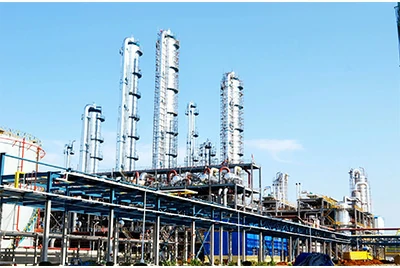
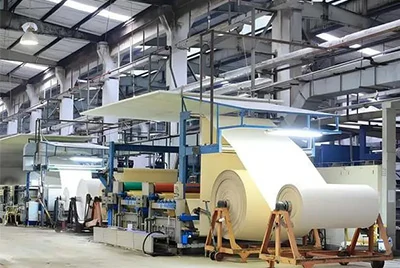
Chlor-alkali industry
- Refined brine preheater
- Vacuum dechlorination pumps and valves
- Wet chlorine cooler
- Chlorine wastewater dechlorination tower
- Ion membrane electrolyzer
- Anode liquid pump
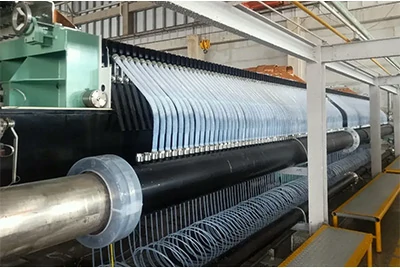
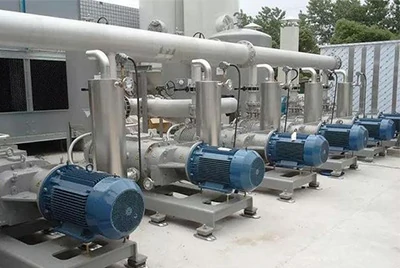
Soda ash industry
- Crystallization external cooler
- Distillation tower top ammonia condenser
- Ammonium chloride mother liquor heater
- Plate Heat Exchanger
- Umbrella plate heat exchanger
- Carbonization tower cooling pipe
- CO2 turbine compressor rotor impeller
- Alkali pump
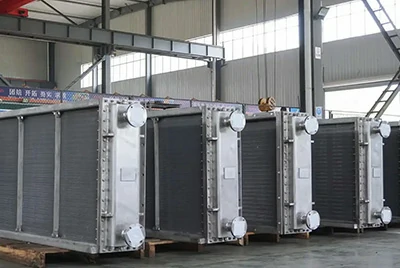
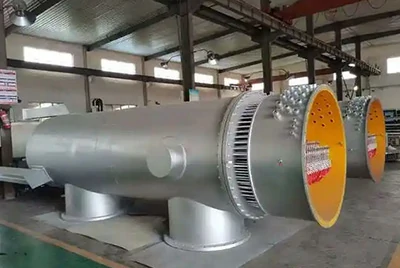
Petrochemical fiber industry
- Production equipment for petroleum-based chemical fibers such as polyester, nylon, and vinylon
- Improve safety, extend equipment life, reduce maintenance costs, etc.
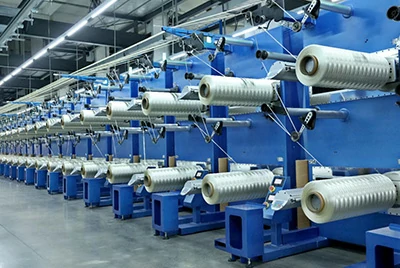
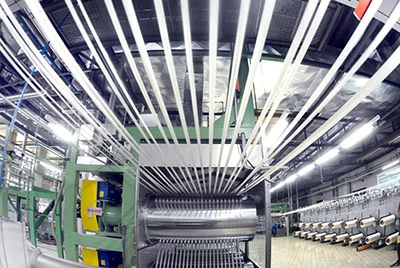
Fine chemical industry
Propylene oxide production unit pipeline
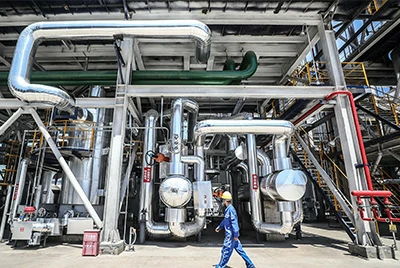
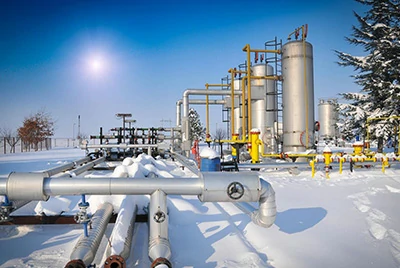
Desalination Plant
- Seawater reverse osmosis device
- Evaporators and heat exchangers
- High pressure resistant materials
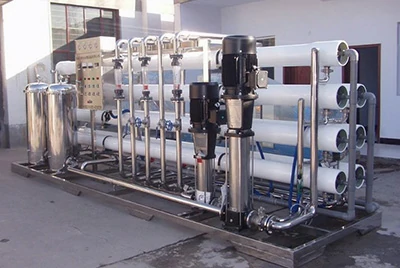
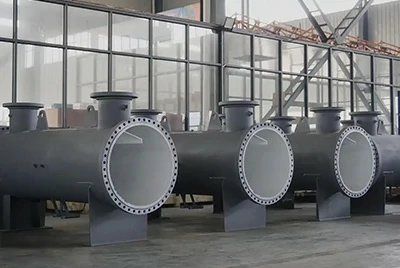
Chalco Titanium chemical industry titanium product introduction
Titanium plate
-
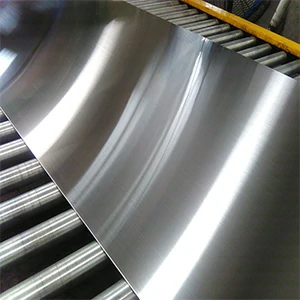
Titanium plates are widely used in the chemical industry for their corrosion resistance and strength, ideal for equipment exposed to strong acids, alkalis, and chlorides. They are perfect for key parts like reactor linings, coolers, preheaters, and dechlorination towers, effectively extending equipment lifespan.
Custom size Titanium plate punching Titanium plate welding
- Chemical reactors: Titanium plates are often used for reactor linings, especially for reactor linings that are resistant to strong acids, strong alkalis, and corrosive chemical media. Titanium's corrosion resistance and high strength ensure that the reactor can operate stably and for a long time in harsh environments.
- Wet chlorine cooler: Titanium plate is used for the lining of wet chlorine cooler, which is resistant to chloride corrosion and ensures efficient operation of the cooling system. Its excellent corrosion resistance prolongs the service life of the equipment.
- Refined brine preheater: Titanium plates are used as corrosion-resistant materials in preheaters to improve the durability and working efficiency of the equipment.
- Chlorine wastewater dechlorination tower: Titanium plates are used for the lining of the dechlorination tower, which can effectively resist chloride corrosion, extend the life of the equipment, and ensure the efficiency and stability of the dechlorination process.

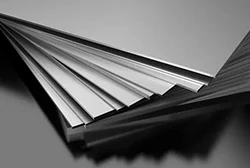
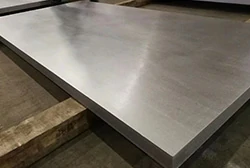
Titanium tube
-
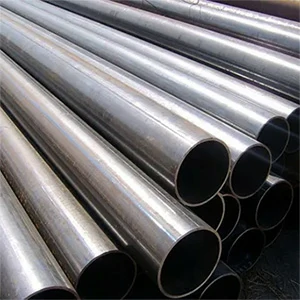
Titanium tubes are widely used in petrochemical fiber, chlor-alkali, fine chemical and other industries, especially in the transportation and cooling systems of corrosive media. Our titanium tubes can efficiently withstand the challenges of high temperature and corrosive media, and are widely used in propylene oxide, polyester production and other processes.
Customized size Seamless titanium tube Tube bending
- Polyester production in the petrochemical fiber industry: Titanium tubes are used in the cooling system during the polyester production process and can withstand high temperatures and corrosive chemical media to ensure the efficient operation of the cooling system.
- Cooling system in soda ash production: Titanium tubes play a corrosion-resistant role in the cooling system, ensuring the long-term stability of the equipment and avoiding the impact of chemical corrosion on the piping system.
- Pipelines for propylene oxide production units in fine chemicals: Titanium pipes are used to transport corrosive media in propylene oxide production units to ensure that the pipeline system is safe and leak-free.
- Pipeline systems in the chlor-alkali industry: Titanium tubes are widely used in pipeline systems in chlor-alkali production. They are resistant to chlorine corrosion and ensure the stability of the production process and the long-term operation of the pipeline.
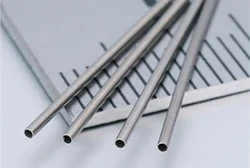
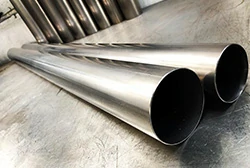
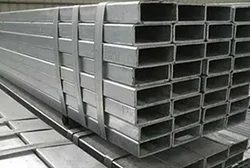
Titanium bar rod
-
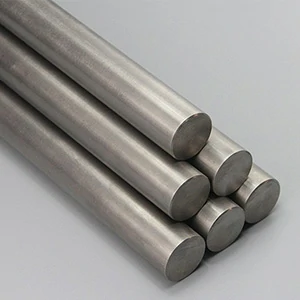
Titanium rods are ideal for manufacturing key components in the chemical industry such as high-pressure reactors, pumps, valves and electrolyzer anodes. With their high strength and excellent corrosion resistance, titanium rods can effectively withstand harsh working environments.
Precision cutting Surface treatment Anodizing
- Chemical reactors: Titanium rods are often used to manufacture support structures or other key components in chemical reactors, especially in high-temperature, highly corrosive environments. Titanium's corrosion resistance ensures long-term and stable operation of the reactor.
- Pumps and Valves: Titanium rods are used to manufacture key components of pump bodies and valves, especially where corrosion resistance and strength are required. The high strength and corrosion resistance of titanium rods make them an ideal choice.
- Electrolytic cell anode: Titanium rods are used as anodes in electrolytic cells and are widely used in electrochemical processes such as chlor-alkali production and electroplating. They can provide long-term stability and corrosion resistance and improve electrolysis efficiency.
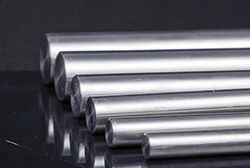
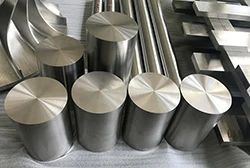
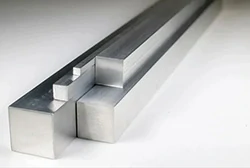
Titanium profiles
-
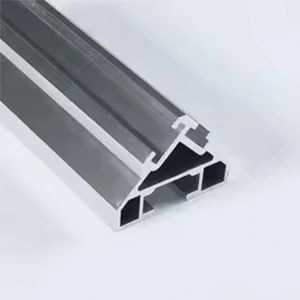
Titanium profiles play an important role in equipment support, pipe supports and frame structures in chemical plants, especially in key locations where high strength and corrosion resistance are required. Our titanium profiles have extremely strong compressive strength, can effectively withstand heavy loads and resist corrosion.
Customized shape Surface treatment Profile connection
- Chemical plant equipment support: Titanium profiles are used in equipment support structures in chemical plants to provide strength support and resist corrosion, enhancing the stability of the equipment.
- Pipeline supports: In the pipeline system of chemical plants, titanium profiles are used as supports to ensure stable operation of pipelines and reduce pipeline vibration and corrosion.
- Frame structure: Titanium profiles are used in the frame structure of chemical plants to enhance the pressure resistance of the equipment and ensure the long-term stability of the equipment.
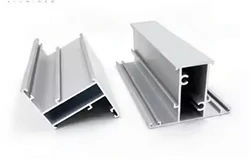
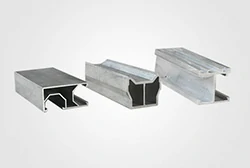
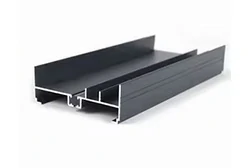
Titanium forgings
-
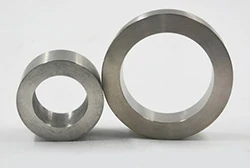
Titanium forgings play a vital role in key components such as chemical reactors, pumps, valves and pressure vessels. The titanium forgings provided by our company have extremely high strength and corrosion resistance, and can operate stably for a long time in high-pressure and corrosive environments.
Precision machining High-strength stamping Custom shapes
- Chemical reactors: Titanium forgings are used in key components of chemical reactors, such as high-pressure reactors and pumps, which withstand high pressure and corrosion to ensure the safe operation of the reactors.
- Pumps and valves: Titanium forgings are used to manufacture corrosion-resistant pumps and valves to ensure their efficient operation in harsh environments.
- Pressure vessels: Titanium forgings are used to manufacture chemical pressure vessels, which can withstand corrosive media under high temperature and high-pressure environments, ensuring the safety and durability of the containers.

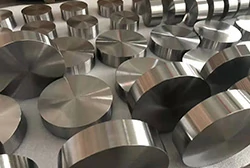
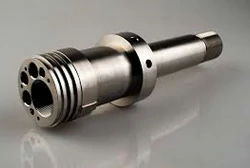
Titanium strip and coil
-
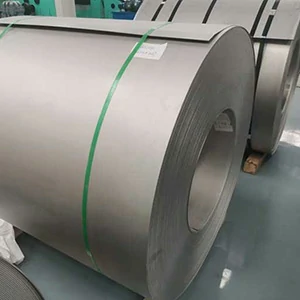
Titanium strips and coils are mainly used in chemical equipment such as thin film concentrators, coolers and heat exchangers. They are lightweight and corrosion-resistant, and can significantly improve heat transfer efficiency and reduce operating costs.
Strip cutting Ring Punching
- Thin film concentrators: Titanium strips are used in thin film concentrators to provide corrosion resistance and lightweight properties, ensuring efficient operation and improving heat exchange efficiency.
- Coolers and heat exchangers: Titanium strips are used in the manufacture of coolers and heat exchangers. They can withstand corrosive media and improve heat transfer efficiency. They are suitable for heat exchange systems of various chemical equipment.
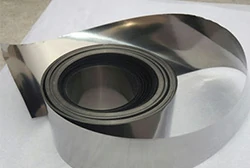
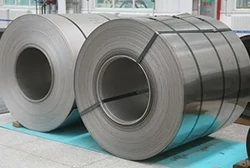
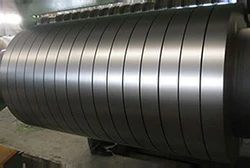
Titanium flange
-
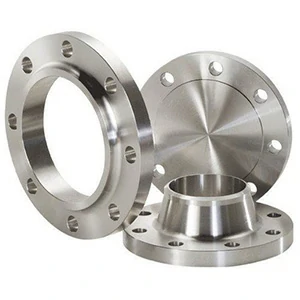
Titanium flanges play a vital role in the pipeline connection of chemical plants, ensuring the tightness and corrosion resistance of the pipeline system. The titanium flange products provided by our company are made of high-quality titanium alloy materials, which can resist various corrosive media and ensure the tightness of the pipeline system.
- Pipeline connection in chemical plants: Titanium flanges are used to connect pipelines in chemical plants to ensure the sealing and corrosion resistance of the pipeline system and prevent leakage and corrosion.
- Pump and valve connection: Titanium flanges are used for the connection between pumps and valves to ensure corrosion resistance and sealing at the equipment connection and improve the stability and safety of the system.
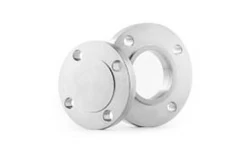
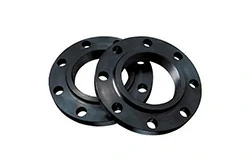
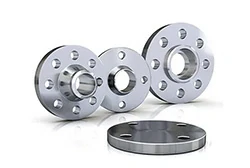
Titanium anode
-
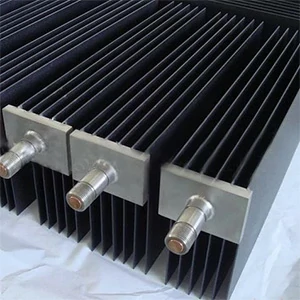
The application of titanium anode in electrolytic cells, especially in chlor-alkali production and electroplating processes, plays an important role. The titanium anode provided by our company is made of high-quality titanium alloy material, with excellent corrosion resistance and long service life.
- Electroplating: titanium anodes are used in electroplating processes. They are corrosion-resistant, can extend the service life of the electrolytic cell, and improve electrolysis efficiency.
- Electrolytic chlorine production: Titanium anodes are used in the anode part of electrolytic cells in chlor-alkali production to ensure efficient electrolytic reaction and long-term durability. They are widely used in chloride electrolysis processes.
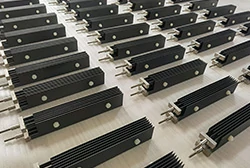
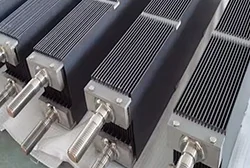
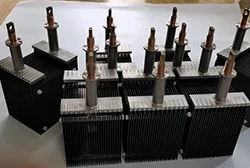
Titanium bolts, nuts, washers and other fasteners
-
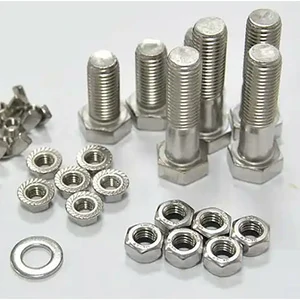
Titanium bolts, nuts and washers play a vital role in chemical equipment and piping systems, providing high strength and corrosion resistance to ensure equipment connection and fixation, and ensure the safety and reliability of the project.
- Chemical equipment: Titanium bolts, nuts and washers are used for the connection and fixation of chemical equipment to ensure the stability and corrosion resistance of the equipment, especially in highly corrosive environments.
- Pipeline system: In the pipeline system, titanium fasteners are used to connect pipeline sections, withstand corrosive media under high pressure environments, and ensure the safe operation of the pipeline system.
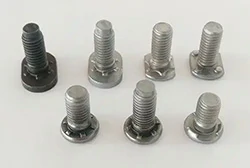
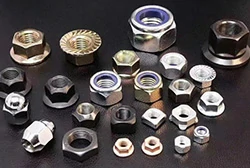
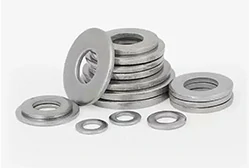
Chalco Titanium's alloys for typical CPI application (partial list)
Chalco Titanium can produce and supply all titanium and titanium alloy products under ASTM standards. Click on the product to view details, or contact sales personnel for consultation.
Commercially Pure Titanium, CP Ti
- Grade 1 Ti (UNS R50250)
- Grade 2 Ti (UNS R50400)
- Grade 2H Ti(UNS R50400)
- Grade 3 Ti(UNS R50550)
- Grade 4 CP Ti
α alloy, β alloy, α-β alloy titanium
- Grade 5: Ti-6Al-4V
- Grade 6: Ti-5Al-2.5Sn
- Grade 9 Ti-3Al-2.5V
- Grade 7 Ti-0.15Pd
- Grade 11 Ti-0.15Pd
- Grade 12 Ti-0.3Mo-0.8Ni
- Grade 16 (UNS R52402)
- Grade 17 (UNS R52252)
- Grade 23 Ti-6Al-4V ELI
Other high-end titanium alloys
In addition to standard titanium alloy products, we can also provide customized high-end titanium alloy solutions to meet different application and technical requirements based on the special needs of the chemical industry, such as resistance to strong acids and alkalis, resistance to pitting corrosion, and resistance to stress corrosion cracking.
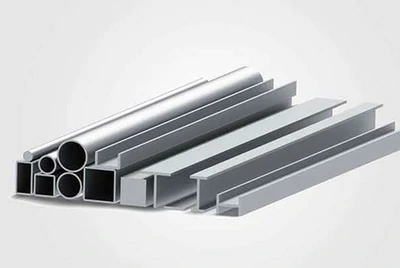
Explanation of Chalco Titanium's titanium product production process and production capacity
1. Titanium production capacity
Chalco Titanium uses advanced equipment and processes to ensure the high quality of titanium materials in the chemical industry. Equipped with 12-ton vacuum melting production lines, 3-ton vacuum consumable arc furnaces and other equipment, it ensures that the titanium ingots are pure and uniform to meet the needs of high-end fields. Combining precision casting, high-performance forging and vacuum annealing technologies, the strength and corrosion resistance of titanium materials are improved, making them suitable for chemical equipment and pipeline systems.
2. Titanium processing capabilities
We provide comprehensive titanium processing services to ensure that the high-precision requirements of the chemical industry are met. We use multi-axis CNC lathes and CNC milling machines to support the precision processing of complex parts. We provide laser cutting, argon arc welding, deep drawing and other processing technologies to ensure the adaptability and durability of titanium materials in chemical equipment.
3. Titanium surface treatment capabilities
Through surface treatment technologies such as anodizing, spraying and polishing, the corrosion resistance and aesthetics of titanium materials are improved to meet the needs of long-term stable operation of chemical equipment. We provide customized surface treatment solutions for the chemical industry to ensure that the products can adapt to harsh working environments.
4. Titanium material quality inspection capability
Chalco Titanium uses advanced testing equipment to ensure that the quality of titanium products meets the requirements of the chemical industry. Using equipment such as spectrometers, X-ray imaging and salt spray test chambers, we comprehensively test the chemical composition, surface defects, dimensional accuracy and corrosion resistance of titanium materials to ensure product stability and reliability.
Things to note when purchasing titanium products for the chemical industry
1. Corrosion resistance of titanium
- Choose the right type of titanium alloy : Equipment in the chemical industry is often exposed to corrosive media such as strong acids, strong alkalis, and chlorides, so titanium alloys with excellent corrosion resistance must be selected. For example, Ti-6Al-4V (titanium alloy) is often used to handle corrosive media such as chlorides and seawater, while pure titanium (Grade 2, Grade 3) performs well in acid resistance.
- Surface treatment: In some special environments, surface treatment of titanium materials (such as anodizing, spraying, etc.) can further improve corrosion resistance and ensure long-term stable operation of the equipment.
2. Choose the right titanium product
- Titanium plate: used for reactor lining, wet chlorine cooler, etc. Attention should be paid to the corrosion resistance and high temperature resistance of the alloy to ensure that it meets the needs of specific chemical reactions.
- Titanium tube: used for chemical medium transportation in pipeline systems. When selecting, the wall thickness, corrosion resistance and temperature range of the titanium tube should be considered. Titanium tubes of different specifications and wall thicknesses may need to be customized according to the use environment.
- Titanium rods and profiles: Commonly used in supporting structures, pumps, valves and other key components, the strength and corrosion resistance of titanium rods are important reference factors when purchasing.
3. Dimensions and tolerance requirements
- Custom sizes and shapes: The design of chemical equipment and piping often requires special dimensions, especially titanium materials need to be customized according to project requirements. Therefore, it is very important to ensure that the supplier can provide the required dimensions and precise tolerances.
- Processing services: Consider whether titanium materials need secondary processing (such as cutting, bending, punching, welding, etc.), and ensure that the supplier can provide these subsequent processing services and has processing experience.
4. Strength and hardness of titanium
- High temperature performance: In some high temperature environments (such as reactors, piping systems, etc.), titanium materials require higher strength and hardness. Titanium alloys such as Ti-6Al-4V have better high temperature performance, while pure titanium is suitable for low or normal temperature environments.
- Pressure bearing capacity: For high-pressure equipment such as pressure vessels and reactors, when selecting titanium materials, ensure that they have sufficient pressure bearing capacity.
5. Supplier quality control and certification
- Quality management system: Ensure that the supplier has an internationally recognized quality management system certification (such as ISO 9001, ISO 13485, etc.). This can ensure the stability and consistency of the quality of the titanium materials provided.
- Material certification: Suppliers are required to provide material certification to ensure that the titanium material meets international standards and project requirements. Usually, suppliers are required to provide chemical composition, mechanical properties and corrosion resistance test reports of titanium materials.
6. Delivery time and stock
- Delivery time: In chemical projects, the installation and commissioning of equipment often have clear time requirements, so it is very important to plan procurement in advance and understand the supplier's delivery time. Especially in the case of customized sizes and shapes, the customization time may be longer.
- Inventory support: If the project requires a large amount of titanium, find out whether the supplier has sufficient inventory support to ensure timely delivery.
7. Technical support and after-sales service
- Technical consultation: Suppliers should be able to provide relevant technical support to help customers choose suitable titanium types and products, especially when facing special chemical media.
- After-sales service: After purchasing titanium materials, pay attention to the supplier's after-sales service to ensure that there are professional technicians to support you during installation and use to solve any problems you may encounter.
8. Cost and procurement budget
- Material cost: Titanium is a high-end material, and its price is higher than that of ordinary metals, so the overall project budget needs to be considered when purchasing. Choose the right titanium alloy type and the right processing method to avoid unnecessary waste.
- Long-term benefits: Although the initial purchase cost of titanium is high, its excellent corrosion resistance and durability can reduce the maintenance cost of equipment, increase the service life of equipment, and bring long-term benefits. Therefore, when choosing, not only short-term costs should be considered, but also the benefits of long-term use should be comprehensively evaluated.
9. Environmental and safety standards
- Environmental protection: Titanium is non-toxic and meets environmental protection requirements, which is particularly important in certain chemical applications, especially chemical equipment related to food, medicine and environmental protection.
- Safety standards: Ensure that the selected titanium material meets the safety standards of the relevant industry, especially for equipment involving high temperature, high pressure and hazardous chemicals, to ensure the safety of the material in extreme environments.




